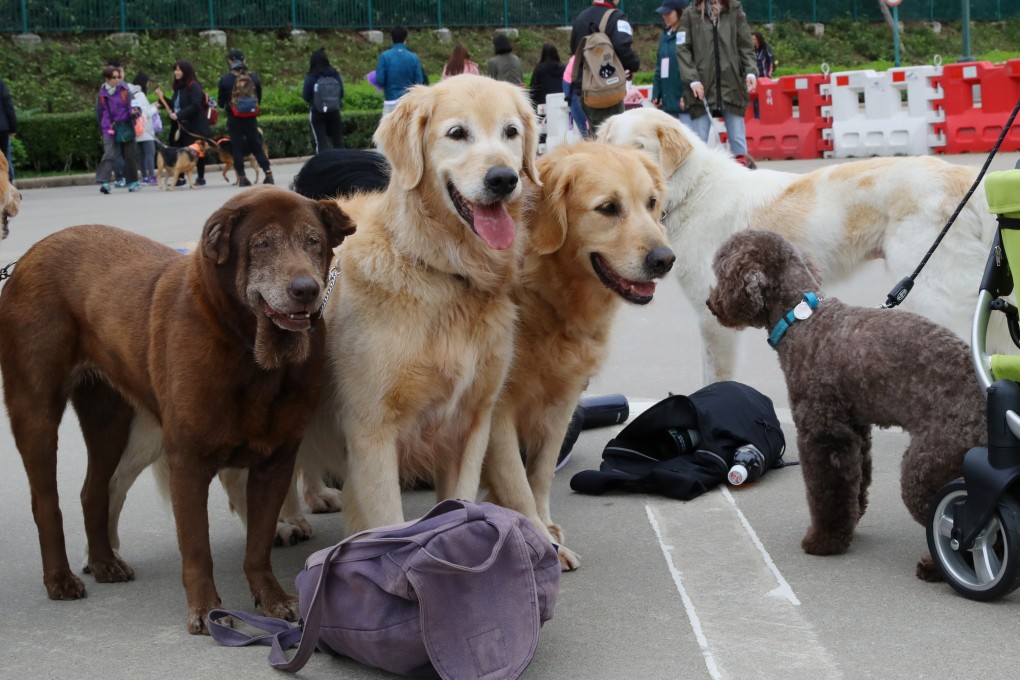Just Saying | Careful, you can still catch the coronavirus from your dog even if it is not actually infected
- Yonden Lhatoo takes a closer look at the case of a coronavirus patient’s Pomeranian under quarantine and what it means for pet owners amid a worsening public health crisis

An all-important and heartfelt disclaimer first for the sake of communal harmony and world peace: I have a soft spot for animals, especially dogs, and I’m constantly in awe of the incredible bonds people build with their pets, often beyond the scope of human relationships bogged down by the general inability of our species to offer unconditional love without an expiry date.
They were concerned about the story being sensationalised at a time of stigmatisation and mass hysteria, when there was no scientific evidence yet to suggest any dog had indeed been infected.
Yes, there is a crucial difference – for now. In the index case of the Pomeranian, it looks like we’re talking about environmental contamination rather than actual infection. The dog was carrying traces of the coronavirus on or in its nose and mouth – in the same way that a doorknob or a piece of tissue might be after an infected person touched it.

The World Health Organisation is now working with Hong Kong scientists to find out if that’s all it is, because otherwise it could raise the spectre of cross-species infection and take the crisis to another level. Local health authorities are worried enough to warn that mammalian pets must be quarantined for 14 days if their owners contract the coronavirus.
